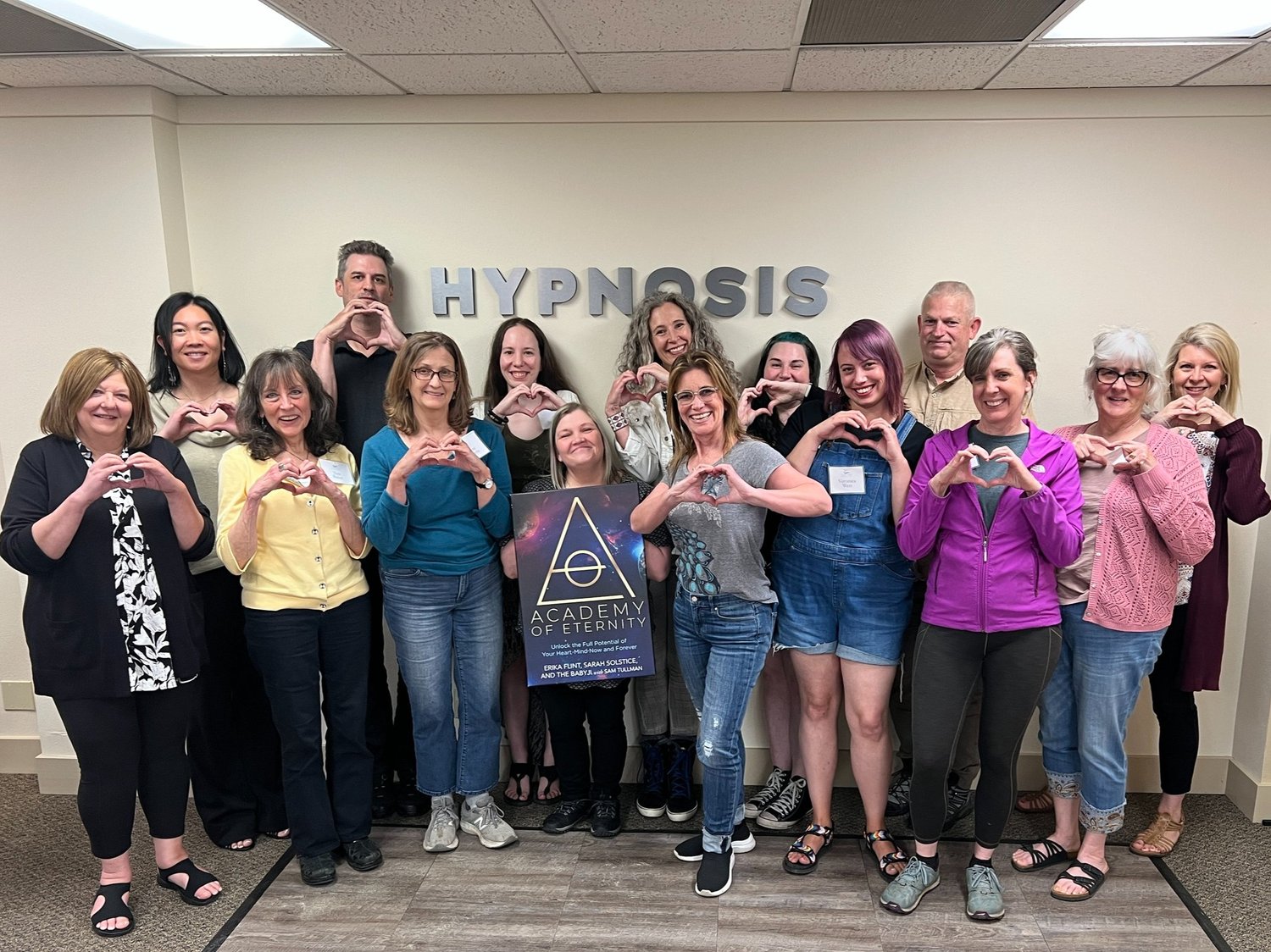Hypnosis Training Video #490: How to Deal with Clients Who Sleep During Sessions & How You Can Stop Encouraging it
In this video, Cal and I share some important tips regarding clients who regularly fall asleep in session.
Understanding how this happens and some simple technique modifications for prevention can make you a more effective hypnotist for all clients.
Here are the highlights from the video :
What hypnotists do that can cause clients to go to sleep :
-
The hypnotist is talking too slowly.
-
There's too much time spent deepening the client with suggestions for deeper relaxation.
-
Not making the session interactive and asking for client input, such as responding verbally, nodding their head, or lifting a finger.
-
Not utilizing a more progressive, modern induction like the 5-PATH Rapid Induction or the Time Tunneling Technique ™ which is an affect induced age regression induction.
How to interact with clients who regularly go to sleep in session:
-
Understand that hypnosis is not sleep - and your client needs to realize this as well. It's a common misperception in the public for a variety of reasons, but in part the phrases 'you're getting sleepy', and movies that suggest hypnosis is a form of sleep.
-
Learn to recognize if your client is sleeping. Note that snoring is not necessarily sleep.
-
Ask your client if they regularly have issues sleeping during the day as well? It could be indicative of a deeper issue.
-
Understand that some clients sleep as a protective mechanism - not because they're tired or sleepy. Sleep is one of our very first coping strategies as infants. And it's still very useful as a technique as adults as well - for example 'I'll sleep on it' can help our subconscious mind consider options and provide solutions. But it's not effective in the hypnosis office.
Solutions
-
Hypnotize quickly using an instant or rapid induction, like the 5-PATH Rapid Induction or the 8-Word Instant Induction.
-
Use interactive and insight generating techniques with your client like Age Regression, Forgiveness Therapy, Parts Mediation Therapy, and Age Progression.



